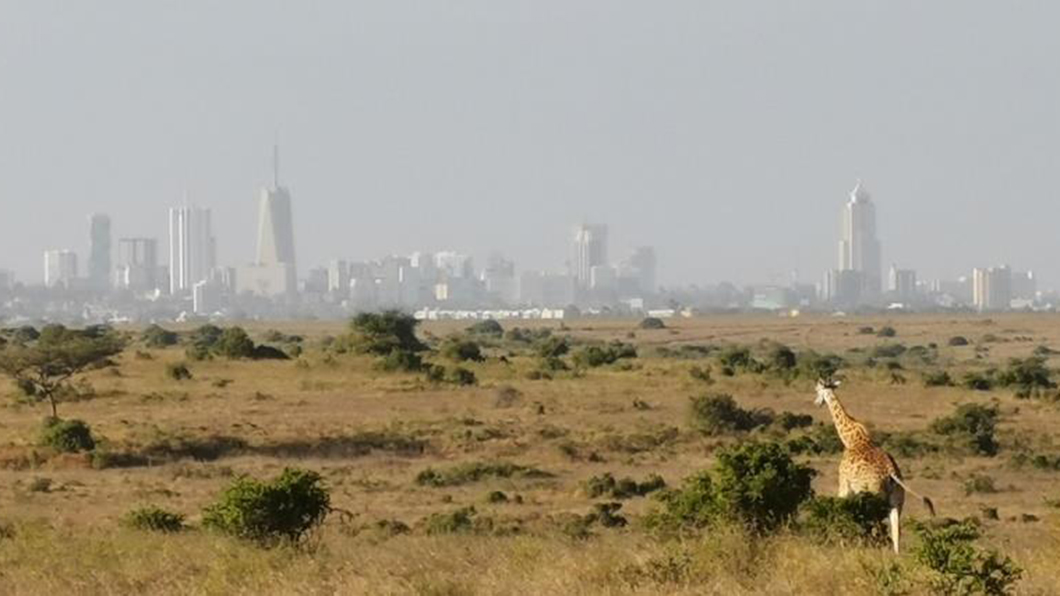Location
Online access
see link below
Organized by
RILEM, Indian Institute of Technology Madras, University of Lagos, BAM

Source: Rilem, IIT Madras, University of Lagos, BAM
About the conference
Background
In this century, along with climate challenges, urbanisation is one of the most critical challenges humanity faces. For Africa this challenge is even more pressing than for most other regions in the world. According to the Global Cities Institute, by the end of the 21th century 13 of the largest 20 cities in the world are expected to be in Africa. In 2050 the number of 5-Million-inhabitant cities will rise up from the current number of 10 to ca. 60. The expected growth should be sustainable. This urban growth will require enormous amounts and movements of construction materials, which in return will coin economic growth on the one hand along with ecologic impact on the other hand.
Relation between urban materials use and socio-economic aspects
However, sustainability in the context of urbanisation goes far beyond economic and climatic aspects. The rapid migration to urban regions, often linked to lack of livelihoods and inaccessibility of health services, poses new challenges such as inequalities, discrimination, social unrest and crime. Furthermore, it puts additional pressure on educational, health, sanitation and supply systems, and it increases environmental pollution. Therefore, environmental challenges of urban growth in Africa are intimately linked to fundamental socio-economic aspects.
Specific African challenges and potentials of African urban growth
While the African continent faces multi-facetted challenges that come along with urbanisation, at the same time African urban growth perspectives offer a unique opportunity to develop yet unexperienced sustainability potentials. Local material solutions can create livelihoods, the availability of space and resources offers opportunities to create socio-economically responsive urban regions that can be future-oriented without losing tradition and cultural heritage. The absence of historically grown regulative frameworks for construction materials and technologies offers potentials for leapfrog innovation in terms of materials and construction technologies.
Objective
The one-day conference “Materials and value chains for sustainable, inclusive, and resilient urbanisation in Africa” gathers high-level international experts from materials, architecture and sciences to discuss sustainable materials solutions, urban concepts and challenges, as well as circular concepts, all discussed along with the respective global implications.
See more details and speakers here (programme, PDF).
Registration
Participation is free of charge.


